CSDE Science Core – Upcoming Workshops: Biomarkers, Statistics & R, Online Surveys & REDCap, Accessing Federal Data
|
In the upcoming quarter, CSDE will be hosting four workshops and one ‘lunch and learn’ event to facilitate researchers’ adoption of new methods and data to accelerate research programs. These workshops include an overview of portable biomarker data collection in the field, accessing federal statistical data, developing online surveys using REDCap, conducting statistical analysis with R, and an introduction to data options for research on older adults.
Each quarter, CSDE offers 3-5 workshops on data sources, statistical and biomarker methodology, introductions to analysis programs, and more, all given by CSDE staff and faculty affiliates. These workshops can include hands-on training in novel methods and programming, lectures on innovative data sources, and discussions of important issues in research and data collection. Over the course of the academic year, CSDE will offer a diverse and exciting set of workshops, some of which will be offered in person and others remotely via Zoom. Students, faculty, and staff are all welcome to register for our workshops and we welcome registrants from outside the University of Washington for our remote workshops as well.
You can find our workshop website and register for our Winter 2024 workshops in the links below. We will be filling in our schedule for Spring workshops soon, so stay tuned!
Please reach out to CSDE’s Training Director, Jessica Godwin (jlg0003@uw.edu), if you have additional workshops you would like to see offered in the future and we will do our best to accommodate those requests.
Winter Workshops
(read more)
|
 |
EXTENDED DEADLINE: Applications Open for the Winter 2024 CSDE Lightning Talks and Poster Session! (Now due 2/2/24))
|
Calling all graduate students to submit abstracts for the Winter 2024 CSDE Lightning Talks and Poster Session! The Lightning Talks and Poster Session will be held Friday, March 8th from 12:30-1:30 and will include two sections, a lighting talk and poster session. This is an excellent, low-stakes opportunity to practice your presentation skills and grow your network. To apply, submit a brief abstract and information about yourself and your collaborators here by COB Friday, 2/2. This quarter's event is organized by CSDE Trainee Aryaa Rajouria. Please feel free to email Aryaa at rajouria@uw.edu if you have any questions. Learn more details about this opportunity in the full story!
(read more)
|
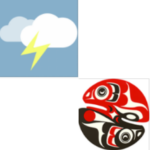 |
Many CSDE-Relevant Grant Opportunities at NICHD!
|
The NICHD has listed many grant opportunities that should be of interest to CSDE affiliates. Check out the list here. If you are interested, CSDE can help you with providing ‘eyes’ for feedback on the narrative, contacting a program officer, more formalized mock review panel of experts to provide feedback on a penultimate draft, a summer grant writing program, or scientific methods consultations. We’re happy to support your science! Just ask!
(read more)
|
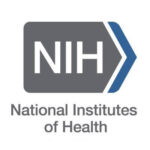 |
CSDE Computational Demography Working Group (CDWG) Hosts Yiwei Xu on Digital and computational approaches to public health communication research (01/31/2024)
|
On January 31st from 3:00 – 4:00 pm, CDWG will host Dr. Yiwei Xu. Yiwei Xu is a Postdoctoral Scholar at the UW Center for an Informed Public and Information School, she’s also a Data Science Postdoctoral Fellow at the UW eScience Institute. She will share her work on using digital and computational approaches to conduct public health communication research. She will share two studies; Study 1 was published in Health Communication titled “Collective Information Seeking During a Health Crisis: Predictors of Google Trends During COVID-19”; Study 2 is work in progress titled “Community Characteristics Predict Local News Agenda Building about Racial Health Disparities”. CDWG Will be Hybrid in Winter Quarter 2024. Attend in-person in 223 Raitt Hall (The Demography Lab) or on Zoom (register here).
(read more)
|
 |
CSDE Population Research Planning Grants (PRPGs) (Rolling deadline)
|
Population Research Planning Grants (PRPGs) are designed to provide in-kind support and/or funds of up to $25k* to support a wide array of activity types throughout the development of a research project. As part of our mission to complement rather than duplicate other campus opportunities such as the Population Health Initiative seed grants,we will consider funding a variety of activities. See a list of example activities in the full story!
(read more)
|
 |
CSDE Matching Support to Supplement On-campus Funding (Rolling deadline)
|
CSDE Matching Support includes in-kind or monetary support to accompany a submission to other on-campus funding mechanism, such as PHI, EarthLab, or Urban@UW. All projects must have a CSDE affiliate who is UW faculty and is listed as a PI or co-PI, with any number of other collaborators. Note that we require (PRPGs) or strongly suggest (matching funds) contacting either Development Core Director (Steven Goodreau) or CSDE Director (Sara Curran) to discuss possibilities for your specific proposal before submission.
(read more)
|
 |
*New* Issue of Journal of Population Economics
Check out the latest issue here!
(read more)
*New* NSF SBE Dear Colleague Letter Encourages Research on the Science of Bias, Prejudice and Discrimination
|
The National Science Foundation’s Social, Behavioral and Economics Directorate encourages research proposals that expand the breadth and depth of scholarship in the science of bias, prejudice and discrimination. SBE highly encourages proposals submitted in response to its Dear Colleague Letter to plan their research in partnership with communities directly impacted by bias, prejudice, and discrimination such that the experiences and perspectives of those directly impacted by bias and discrimination are reflected in the approach. Read the full letter here.
(read more)
|
 |
*New* US Government’s Office of Management & Budget Evidence Portal Offers Research Opportunities
|
The USGs Office of Management & Budget has a new portal for finding out about research opportunities to evaluate the impact of government programs. Here is a link to the site. Typically, these also include informational webinars to help you consider how to put together your proposal.
(read more)
|
 |
CSSS Seminar with Hana Sevcikova: Probabilistic Subnational Population Projections (1/31/24)
|
Join CSSS for a seminar by Hana Sevcikova, titled “Probabilistic Subnational Population Projections“. The seminar will take place on Wednesday, Jan. 31st at 12:30 in 409 Savery Hall and on Zoom (register here). Hana Sevcikova is a senior research scientist at the CSSS. She works on developing methods for probabilistic population projection, national and subnational. She has developed various demographic R packages that the United Nations Population Division has been using to produce the World Population Prospects.
(read more)
|
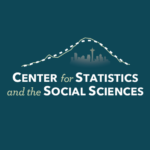 |
Evans Seminar: Pelletier on the Effects of WA’s Paid Family and Medical Leave Policy on Maternal Employment (1/31/24)
|
CSDE Trainee Elizabeth Pelletier (Evans School of Public Policy & Governance) will present her research at the Evans School seminar on Wednesday, Jan. 31st from 11:30-12:30PM in 360 Parrington Hall. Pelletier’s talk is titled “The Effects of Washington’s Paid Family and Medical Leave Policy on Maternal Employment”. Learn more about the talk in the full story!
(read more)
|
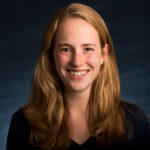 |
Call for Papers: Human Rights in Migration Societies (Due 1/31/24)
|
The research group “Human Rights Discourse in Migration Societies” (MeDiMi) seeks contributions for their conference that address the intersection of human rights and migration. They are particularly interested in empirical and doctrinal case studies that analyze how human rights are made relevant in different contexts (from grassroot activism to the UN level), but also welcome theoretical reflections on the contested role of human rights in migration societies.
(read more)
|
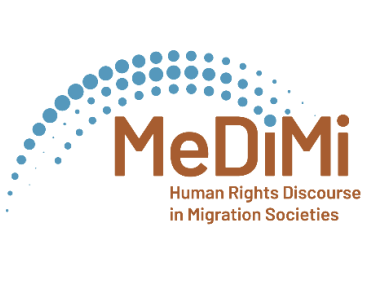 |
Call for Applications: Climate, Aging, and Health in Rural America: An Interdisciplinary Mini-Conference & Workshop (Due 1/31/24)
|
The Interdisciplinary Network on Rural Population Health and Aging (INRPHA) along with the CU Population Center, hosted by University of Colorado Boulder, will hold “Climate, Aging, and Health in Rural America: An Interdisciplinary Mini-Conference & Workshop”, April 11-12, 2024. A brief application is due by January 31, 2024. Details can be found here.
(read more)
|
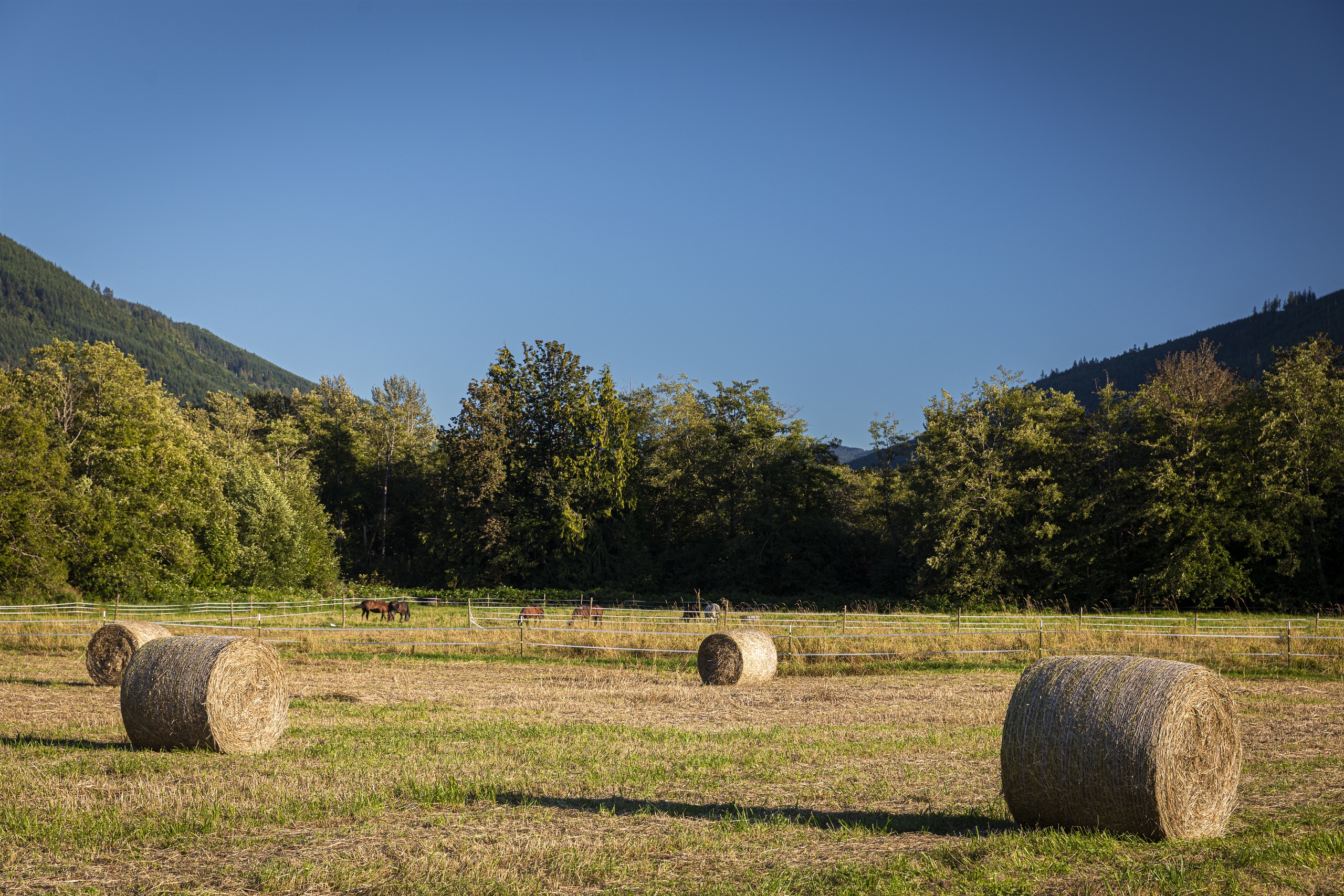 |
*New* Seminar by UW Moris Women’s Center: Labor Trafficking: Impact, Solution, and Empowerment Panel (1/31/24)
|
The UW Moris Women’s Center invites you to attend its seminar on Wednesday, Jan. 31st from 3:30-5:30 PM in 360 Parrington Hall. This event will feature a panel, including Maggie Davis (NW Immigration Rights Project), Ignacio Marquez (Department of Agriculture), Hao Nguyen (API Chaya), Eunice How (UNITE HERE; Local 8), and Dana Raigrodski (Moderator, General Law LLC and UW School of Law), who will discuss labor trafficking. Learn more about the speakers and the event in the full story and in the event page.
(read more)
|
 |
Call for abstracts: 2024 Data-Intensive Research Conference (Due 2/1/24)
*New* Seminar by UW Moris Women’s Center: Intro to Investments (2/1/24)
|
The UW Moris Women’s Center will host the first seminar of its Financial Empowerment and Literacy Series, co-sponsored by CSDE. The seminar will take place on Thursday, Feb. 1st from 11:30-1:00 PM in the Allen Library Auditorium. Speakers in this series include Rachel McCracken (CFA®, MBA – Team Lead & Wealth Manager), Becky Wilcox (CFA®, MBA, FRM – Wealth Manager), and Larissa Vidal (Wealth Manager), who will use this first seminar to discuss important aspects of investing.
(read more)
|
 |
Russell Sage Grants for Dissertation Research (Deadline 2/1/24)
*New* UWRA Scholarships and Fellowships in Aging (Due Feb. 1st and Feb. 8th)
|
The UW Retirement Association is now accepting applications for the 2023-24 cycle of UWRA Scholarships and Fellowships in Aging. The awards are available to currently enrolled students in any field who are pursuing research or preparing for careers related to aging. Current opportunities include the UWRA Patricia Dougherty Fellowship in Aging (Due Feb. 8) and the UWRA Scholarship in Aging (Due Feb. 1). Read more about these opportunities in the full story and on the UWRA website.
(read more)
|
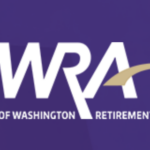 |
NSF-NIH joint funding opportunity on Incorporating Human Behavior in Epidemiological Models (Due Feb 1-14, 2024)
|
The NSF and NIH is offering awards as part of the The Incorporating Human Behavior in Epidemiological Models (IHBEM) Program. The IHBEM Program supports research that incorporates research on social and behavioral processes in mathematical epidemiological models. The program provides support for projects that involve balanced participation from the mathematical sciences and from the social, behavioral, and economic sciences. They are interested in interdisciplinary collaborations integrating research on behavioral and/or social processes in mathematical epidemiological models.
(read more)
|
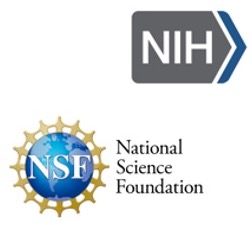 |
Apply for a Summer Fellowship in AI Alignment (Due 2/4/24)
|
Apply for a summer fellowship with PIBBSS (Principles of Intelligent Behavior in Biological and Social Systems)! The PIBBSS Fellowship is a 3-month fully-funded program in AI alignment. They accept PhDs and postdocs from a wide range of fields such as “such as evolutionary bio, neuroscience, dynamical systems theory, economic/political/legal theory, and more. Fellows are invited to work on a project at the intersection of their own field and AI safety, under the mentorship of experienced AI alignment researchers.
(read more)
|
 |
NSF Offers Funding for International Research Experiences for Students (IRES) (Due 2/5/24)
|
The International Research Experiences for Students (IRES) program supports international research and research-related activities for U.S. science and engineering students. The IRES program contributes to development of a diverse, globally engaged workforce with world-class skills. IRES focuses on active research participation by undergraduate and/or graduate students in high quality international research, education and professional development experiences in NSF-funded research areas.
(read more)
|
 |
*New* Federal Reserve Offers Virtual Seminars on Uneven Labor Market Outcomes (2/5-2/8/24)
Opportunity for Funding – Systems for Action: Systems and Services Research to Address Systemic Racism (Due 2/7/24)
|
The Robert Wood Johnson Foundation invites faculty and PIs to apply for this funding opportunity with a deadline of 2/7/24. This opportunity will provide funding for a new cohort of research studies to produce new, actionable evidence about how to help medical, social, and public health systems work together to address forms of systemic racism.
(read more)
|
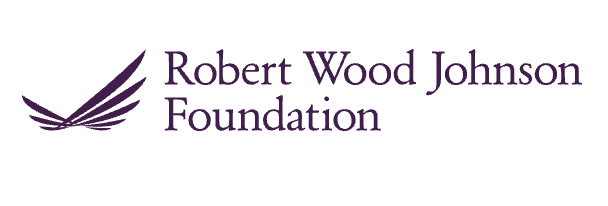 |
Seminar: Dr. Supreet Kaur from UC Berkeley’s Department of Economics (2/12/24)
|
The Evans School will host Dr. Supreet Kaur with co-sponsor, the Joint Seminar on Development Economics on Monday, Feb 12th from 11:00-12:30PM in 410 Savory Hall. Dr. Kaur is a development economist with research overlap in behavioral and labor economics. Dr. Kaur’s research focuses on the functioning of labor markets in poor countries by documenting frictions in labor markets, the causes of unemployment, and examining the impact of inequality on labor productivity. A second line of research explores how psychological forces–such as the limits of human cognition and social norms–can affect individual behavior and market equilibria.
(read more)
|
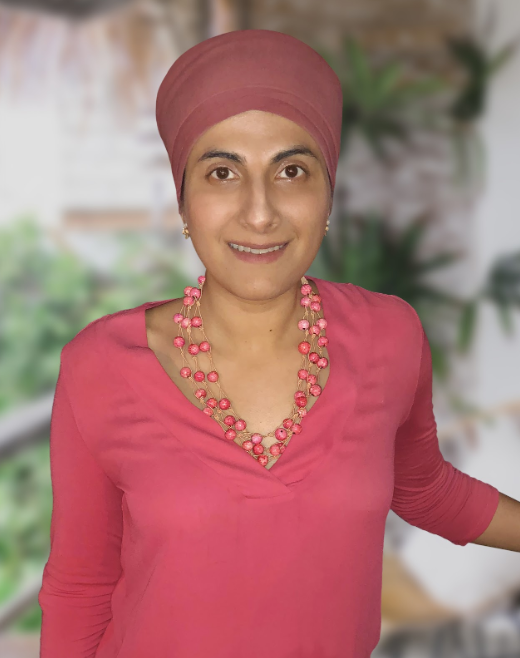 |
*New* US Treasury is Seeking Research Partners to Understand Equity Impact of Housing Assistance Fund (Inquiries due 2/12/24)
|
The US Treasury Department seeks research partners to help evaluate the Housing Assistance Fund (HAF) and its impact on inequality. Learn more here. A webinar describing the research call will be held on February 13. Inquiries are due February 12 to receive an invite to the meeting.
(read more)
|
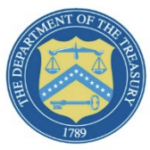 |
EarthLab and PHI Host Event on Fostering Climate Connections (2/13/24)
The Population Health Initiative and EarthLab will co-host a winter quarter climate change-focused Open Space-style event in the University of Washington wǝɫǝbʔaltxʷ – Intellectual House on Tuesday, February 13, 2024. The goal of this quarterly gathering is to help facilitate the development of new interdisciplinary collaborations between UW researchers who are seeking to take on pressing challenges related to the current climate crisis. Learn more about the event and RSVP in the full story!
(read more)
*New* CSSS Seminar with Lizzy Pelletier: Imputing Race and Ethnicity in State Administrative Data: Challenges and Future Directions (2/14/24)
|
CSSS will be hosting CSDE Trainee Lizzy Pelletier for a seminar titled “Imputing Race and Ethnicity in State Administrative Data: Challenges and Future Directions“. The seminar will take place on Wednesday, Feb. 14th at 12:30 in 409 Savery Hall and on Zoom (register here). Lizzy Pelletier is a PhD candidate studying public policy at the Evans School of Public Policy & Governance at the University of Washington, and an NIH-supported Data Science and Demography trainee through the Center for Studies in Demography and Ecology at UW. Her research examines how public policy shapes economic inequality, instability, and wellbeing, with a current focus on paid leave policies. Her work with large administrative microdata also explores how tools from data science and computational demography can be used to make these records more useful to social scientists.
(read more)
|
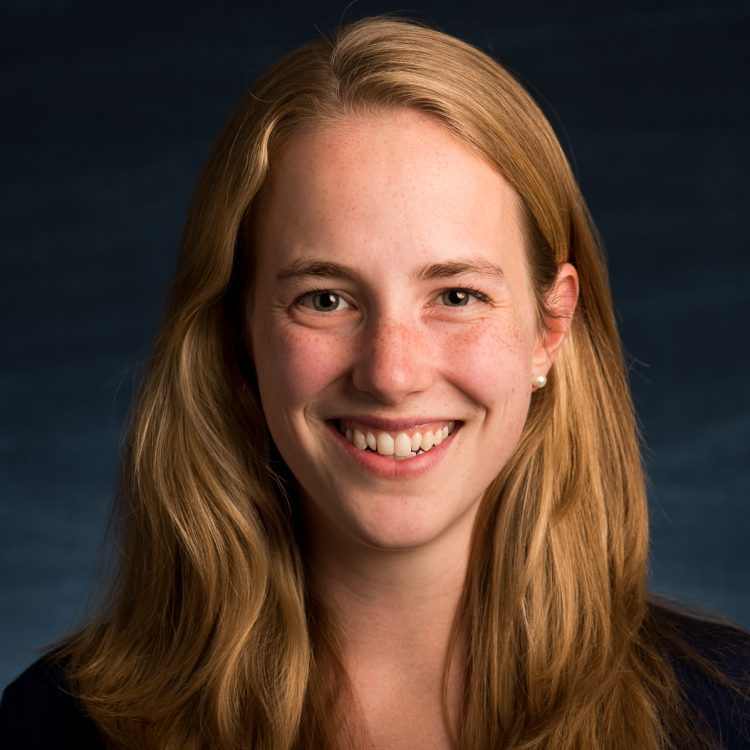 |
*New* Apply for the 2025 Dean John A. Knauss Marine Policy Fellowship (Due 2/15/24)
|
The program is open to graduate students and sponsored by the National Oceanic and Atmospheric Administration’s (NOAA) National Sea Grant College Program. It enables fellows to work for one year on congressional staff or in a federal agency, where the fellows study, implement, and even create marine policy. More than 40 agency positions and 12 congressional positions are available each year. A virtual information session will be held on Dec. 11th at 12pm (register here).
(read more)
|
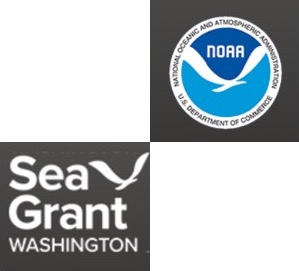 |
*New* Attend the Film Screening of the Journeys of Black Mathematicians: Forging Resilience (2/15/24)
|
The Department of Statistics, in partnership with the Department of Mathematics, the Department of Applied Mathematics and the Simons Laufer Mathematical Sciences Institute, will be hosting a free public screening of the movie Journeys of Black Mathematicians: Forging Resilience in 110 Kane Hall on Thursday, February 15th from 6:00-8:30 PM. The screening will be followed by a Q&A session with Director George Csicsery and a reception at Kane Hall’s Walker-Ames room.
(read more)
|
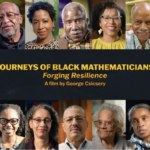 |
*New* Seminar by UW Moris Women’s Center: Safety Across Genders (2/15/24)
|
Join the UW Moris Women’s Center for its seminar on Thursday, Feb. 15th from 3:30-5:00 PM in the Allen Library auditorium, co-sponsored by CSDE. Seminar speakers will include nikkita oliver, Ebo Barton, Randy Ford, and Akoth Ombaka, whose conversation will establish a shared understanding of the threats to gender diverse and intersex communities, along with ways that campus leaders can support them. Learn more about the event in the full story and on the event page.
(read more)
|
 |
*New* Global Mental Health Speaker Series: Global Mental Health and Climate Change (2/15/24)
|
Join the UW Consortium for Global Mental Health and the Population Health Initiative on Thursday, February 15 from 3:00-4:30pm in the Hans Rosling Center (HRC) room 101 as part of our 2023-24 speaker series on Global Mental Health. This event features a panel discussion with five experts on the mental health impacts of climate change, including CSDE Affiliate Gregory Bratman and CSDE Director Sara Curran alongside Kristie Ebi, Sherilee Harper, and Susan Clayton. The panel will be moderated by CSDE Trainee and sociology doctoral candidate, Victoria Sass. Staff, faculty, and students of all disciplines are welcome to attend this hybrid event. Reception to follow event from 4:00-4:30pm. Learn more about the event here and register at this link.
(read more)
|
 |
*New* US Treasury is Seeking Research Partners to Understand Impact of State and Local Fiscal Recovery Funds (Submit form by 2/15/24)
|
The US Treasury has issued a call for research partners to help understand the impact of State and Local Fiscal Recovery Funds (SLRF). They are specifically interested in answering: What is the short-term and long-term impact on households, organizations, communities, and governments from specific State and Local Fiscal Recovery Funds (SLFRF) projects in priority policy areas such as affordable housing, workforce, and public safety? To learn more about the call visit this page.
(read more)
|
 |
*New* NIH NOSI: Administrative Supplements to Recognize Excellence in Diversity, Equity, Inclusion, and Accessibility (DEIA) Mentorship (Due 2/17/24)
|
This opportunity supports administrative supplements to existing NIH awards to support scientists who have demonstrated compelling commitments and contributions to mentorship and enhancing diversity, equity, inclusion, and accessibility (DEIA) in the biomedical sciences. Funds will support ongoing and future efforts. Learn more in the full story!
(read more)
|
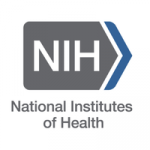 |
*New* Attend the 2024 Future of Families Summer Data Workshop (Due 2/19/24)
The 2024 Future of Families Summer Data Workshop application form is now available and is due on Monday, Feb 19, 2024. The workshop will be held in-person from Wednesday, June 12, 2024 to Friday, June 14, 2024. Travel and hotel costs will be covered for successful applicants. The workshop is designed to familiarize participants with the data available in the Future of Families and Child Wellbeing Study (FFCWS) (formerly Fragile Families and Child Wellbeing Study), a national study following a birth cohort of (mostly) unmarried parents and their children, providing information about the capabilities, circumstances, and relationships of unwed parents, the wellbeing of their children, and the role of public policy in family and child wellbeing.
(read more)
*New* Call for Applications: Time Use Data for Health and Well-Being Workshop (Due 2/19/24)
|
The Maryland Population Research Center is accepting applications for the 2024 Time Use Data for Health and Well-Being Summer Workshop to be held June 12, 2024, the day before the June 13 and 14 University of Maryland 2024 Time Use Conference. This workshop aims to promote awareness of and expertise in the IPUMS Time Use data archive, particularly the 2010-2012 and 2021 ATUS Well-being Module data. About 20 applicants will be selected. Travel support will be available for accepted non-local candidates.
(read more)
|
 |
|

